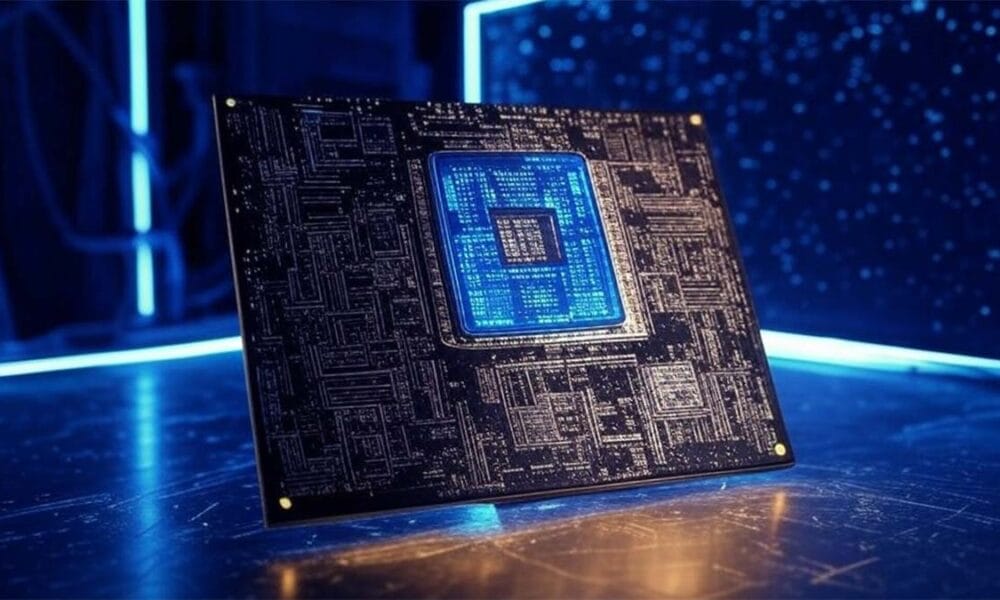DeepSeek, the rapidly evolving AI firm, is reportedly exploring the development of in-house AI chips, a move that could significantly enhance its computational capabilities and position it as a formidable competitor in the global AI race. This venture marks a strategic shift for the company, which has already made waves with its cutting-edge large language models (LLMs) and disruptive innovations in the AI industry.
The decision to develop proprietary AI chips aligns DeepSeek with other industry giants like OpenAI, which have also ventured into custom semiconductor solutions. According to a report by DigiTimes, DeepSeek has initiated a major recruitment drive, hiring semiconductor experts to lead this ambitious project. However, the path to developing in-house AI chips is fraught with challenges, particularly for Chinese companies facing global semiconductor sanctions.
One of the primary hurdles for DeepSeek is the complex supply chain required for semiconductor manufacturing. Chinese firms, including DeepSeek, rely heavily on domestic sources like SMIC (Semiconductor Manufacturing International Corporation), which lags behind global semiconductor standards. Despite these constraints, DeepSeek has managed to secure access to approximately 10,000 of NVIDIA’s “China-specific” H800 AI GPUs and an equal number of the higher-end H100 AI chips. This $1 billion worth of computing resources underscores the company’s commitment to maintaining a competitive edge in the AI landscape.
The meteoric rise of #DeepSeek, a Chinese private artificial intelligence startup, sheds light on a new way for Chinese #AI #chip companies to seek breakthroughs amid Washington's tougher #tech restrictions to challenge the dominance of US semiconductor company Nvidia and reshape… pic.twitter.com/L6ZG3nSif9
— China Daily (@ChinaDaily) February 11, 2025
In addition to NVIDIA’s GPUs, DeepSeek also leverages Huawei’s Ascend AI chips for inferencing workloads. This diversified approach to computational resources highlights DeepSeek’s adaptability and strategic foresight. The integration of Huawei’s technology not only mitigates dependency on Western semiconductor suppliers but also showcases China’s growing capabilities in the AI sector.
The exploration of in-house AI chip development raises several questions about DeepSeek’s long-term strategy. While the company has made significant strides in AI research and development, it remains relatively smaller than competitors like OpenAI. The feasibility of transitioning from exploration to implementation will depend on DeepSeek’s ability to navigate the intricate semiconductor supply chain and overcome geopolitical barriers.
Despite these challenges, DeepSeek’s foray into AI chip development is a promising step toward diversifying the AI market. Custom chips tailored to specific AI workloads could offer performance and efficiency advantages, enabling DeepSeek to optimize its LLMs and other AI applications. This move also reflects a broader trend in the AI industry, where companies are increasingly investing in proprietary hardware to reduce reliance on third-party suppliers and gain greater control over their technological ecosystems.
As DeepSeek continues to push the boundaries of AI innovation, its exploration of in-house chip development represents a bold and strategic initiative. While the journey from concept to implementation will be arduous, the potential rewards are substantial. By enhancing its computational capabilities, DeepSeek could not only solidify its position in the AI industry but also contribute to the diversification and advancement of global AI technologies.

